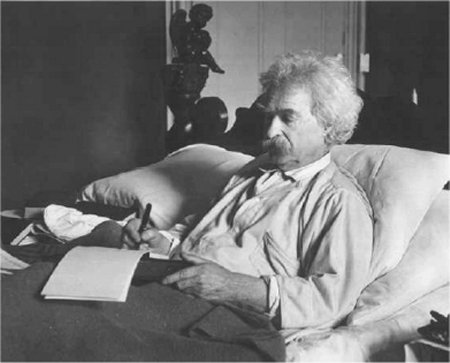This is the eighth installment in the series “What Bolaño Read” by former Shaman Drum Bookstore manager Tom McCartan. The series deals with the reading habits of the author of 2666, winner of this year's NBCC award in fiction, and celebrates the publication of Roberto Bolaño: The Last Interview & Other Conversations, with an introduction by former NBCC board member Marcela Valdes, which is just out from Melville House.
 In a 2002 interview with Carmen Boullosa published in Bomb magazine Roberto Bolaño made the hefty claim “I'm interested in Western literature and I'm fairly familiar with all of it.” He went on to say: “I'm also interested in American literature of the 1880s, especially Twain and Melville, and the poetry of Emily Dickinson and Whitman. As a teenager, I went through a phase when I only read Poe.”
In a 2002 interview with Carmen Boullosa published in Bomb magazine Roberto Bolaño made the hefty claim “I'm interested in Western literature and I'm fairly familiar with all of it.” He went on to say: “I'm also interested in American literature of the 1880s, especially Twain and Melville, and the poetry of Emily Dickinson and Whitman. As a teenager, I went through a phase when I only read Poe.”
In an essay in Entre paréntesis (forthcoming from New Directions in 2010, translated by Natasha Wimmer) he elaborates on Melville and Twain: “All American novelists, including those who write in Spanish, at some point in their lives get a glimpse of two books on the horizon, they are two roads, two structures, and two arguments. Sometimes: two destinies. One is Moby Dick by Melville, the other is The Adventures of Huckleberry Finn, by Mark Twain.”
But Bolaño's grasp of American literature was certainly not limited to the nineteenth century. (Though he once claimed that everything Faulkner and Hemingway wanted to write can be summed up in a page of Huckleberry Finn.) He was also greatly influenced by the Beats and in an essay refers to William Burroughs as “a saint who approached all the viciousness of the world because he had the delicacy and imprudence to never close the door.”
Bolaño also read the hard-boiled detective fiction of Raymond Chandler and Dashiell Hammett. In Bolaño's final interview he says he would have rather been Philip Marlowe or Sam Spade: “I would like to have been a homicide detective, much more than being a writer. I am absolutely sure of that. A string of homicides. I’d have been someone who could come back to the scene of the crime alone, by night and not be afraid of ghosts.”
Bolaño also loved Philip K. Dick. He wrote a poem about him, published in The Romantic Dogs. And in 2002 he participated in a published discussion with the writer Rodrigo Fresán, where both writers discuss the science fiction author. Bolaño calls Dick “a prophet.”

